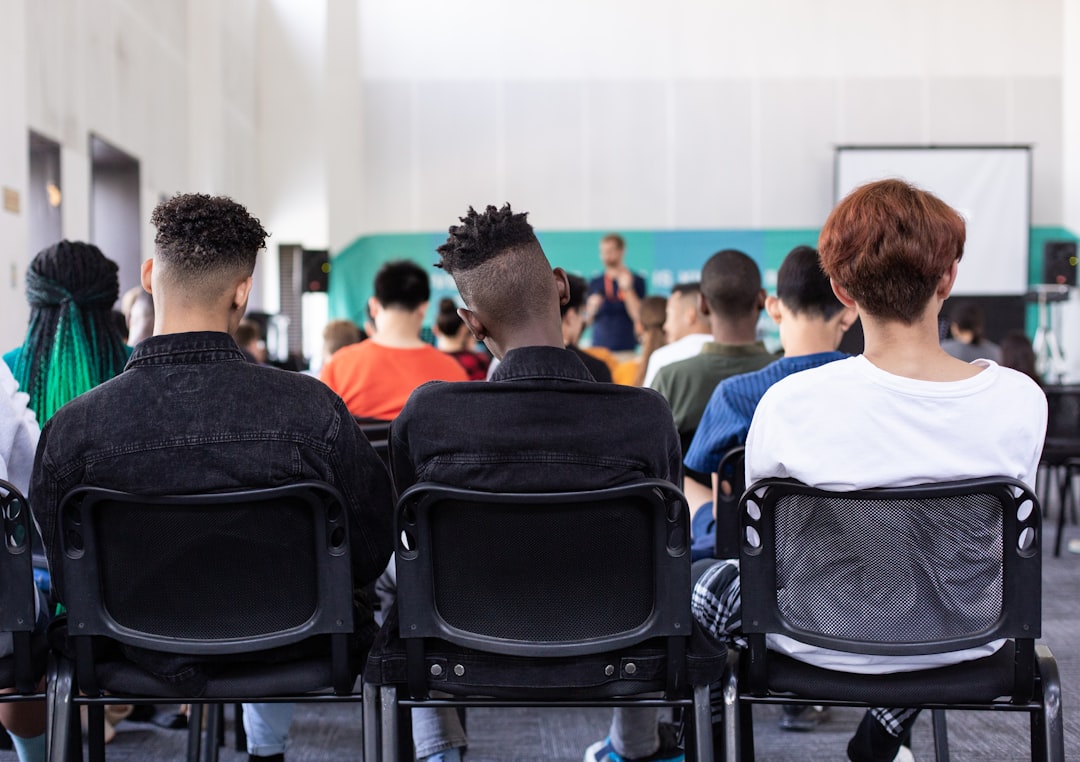The topsy-turvy world of intersectional feminism
Why is a school at the heart of a sex-abuse scandal asking pupils to check their privilege?
This time last year, a new website made national headlines. Everyone’s Invited detailed thousands of incidents of sexual harassment, abuse and assault in UK schools and other locations. The stories, written anonymously and overwhelmingly contributed by girls, made for uncomfortable reading.
There was much to criticise about this #MeToo for teenagers. Specific schools – mostly fee-paying schools – were named and, by implication, held accountable for the behaviour of male pupils, despite the majority of incidents having occurred elsewhere, outside of school grounds. The accused boys were surely identifiable to classmates but had no opportunity to state their case. Trivial examples of bad manners became conflated with serious sexual assault and even rape.
Despite these criticisms it was clear that many of the children posting their online accounts had experienced something that left them feeling distressed and confused. The problems with Everyone’s Invited stemmed less from the young contributors than from the way that some adults responded to their claims.



